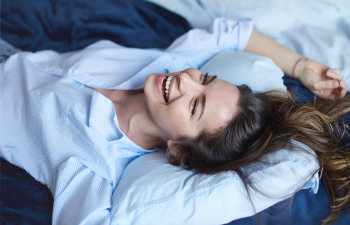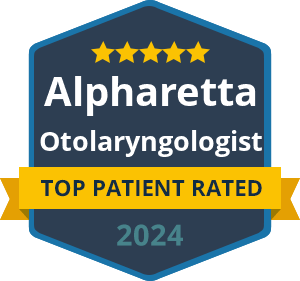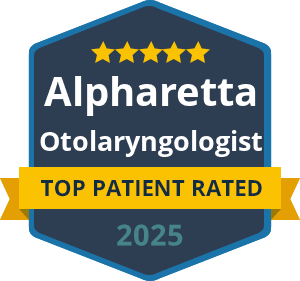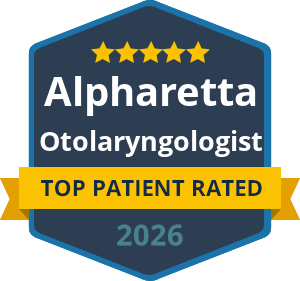
Like it or not, hormones are powerful. In fact, the hormone balance in both men and women can affect several functions of the body – including your sleep. At the office of Dr. Julie Zweig, we recognize sleep as a fundamental aspect of overall health, and its significance should not be underestimated. Many individuals struggle with sleep disturbances, leading to fatigue, irritability, and a decline in overall quality of life. Fortunately, for certain individuals, bio-identical hormone therapy can improve sleep and pave the way for more rejuvenating and restful nights.
Understanding the Sleep-Hormone Connection
Sleep is a complex process influenced by several factors, one of which is hormonal balance. Hormones are chemical messengers in the body that regulate various physiological functions, including sleep-wake cycles. Imbalances in hormone levels can disrupt these cycles, leading to sleep disturbances.
Bio-identical hormone therapy aims to address hormonal imbalances by providing hormones that are chemically identical to those naturally produced in the body. This personalized approach ensures that the hormones administered are tailored to an individual’s unique needs, promoting better sleep and overall well-being.
Estrogen and Progesterone: Key Players in Sleep Quality
In women, the decline of estrogen and progesterone during menopause can significantly impact sleep patterns. Estrogen helps regulate the body’s internal clock, while progesterone has calming effects that promote relaxation and sleep. Fluctuations or deficiencies in these hormones can lead to insomnia, night sweats, and restless sleep.
By restoring hormone levels to their optimal range using bio-identical hormone therapy, women can experience improvements in sleep quality, falling asleep more easily and staying asleep throughout the night.
Testosterone: Affecting Sleep in Men and Women
While often associated with male health, testosterone also plays a vital role in women’s well-being. Low testosterone levels in both men and women can lead to sleep disturbances, including difficulty falling asleep and frequent awakenings during the night.
By balancing testosterone levels with bio-identical hormone therapy, individuals can experience enhanced sleep duration, decreased sleep disruptions, and an overall improvement in sleep architecture.
Melatonin: The Sleep Regulator
Melatonin is a hormone responsible for regulating sleep-wake cycles. Its production is influenced by light exposure, and disruptions to melatonin levels can lead to sleep difficulties, especially in those with irregular sleep patterns or exposure to excessive artificial light.
Bio-identical hormone therapy can be utilized to optimize melatonin levels, helping individuals achieve a more balanced circadian rhythm and improved sleep quality.
Cortisol: Balancing the Stress Hormone
Cortisol, commonly known as the stress hormone, follows a diurnal pattern, being highest in the morning and gradually decreasing throughout the day. However, chronic stress can lead to abnormal cortisol fluctuations, affecting sleep patterns and leading to insomnia.
Bio-identical hormone therapy can help regulate cortisol levels, mitigating the impact of chronic stress on sleep and promoting a more peaceful and restorative slumber.
An Integrative Approach to Better Sleep
At Dr. Julie Zweig’s practice, we understand the intricate relationship between hormones and sleep quality. Bio-identical hormone therapy offers a personalized and effective approach to address hormone imbalances that may be hindering your ability to achieve a restful night’s sleep.
By optimizing estrogen, progesterone, testosterone, melatonin, and cortisol levels, you can experience a significant improvement in sleep quality, leading to increased energy, enhanced mood, and better overall health. If you are struggling with sleep disturbances or suspect hormonal imbalances, do not hesitate to schedule a consultation with Dr. Zweig in Alpharetta.
Posted on behalf of
2650 Holcomb Bridge Road, Suite 510
Alpharetta, GA 30022
Phone: (404) 255-4080
FAX: (404) 990-3542
Email: info@JulieZweigMD.com





